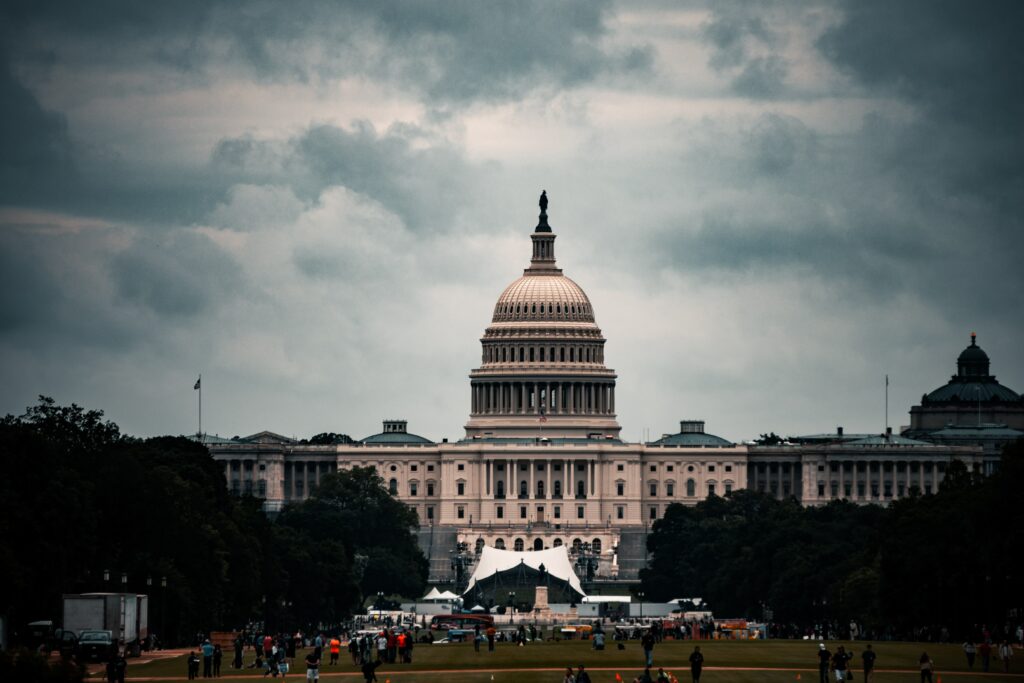
Today, Authors Alliance joined 20 public interest, civil society, and other like-minded organizations in signing on to a letter opposing the latest iteration of the Journalism Competition and Preservation Act (“JCPA”). The full text of the letter can be found here. Last year, Authors Alliance signed on to an earlier letter voicing opposition to the JCPA when it was initially proposed. A new version of the bill was recently released in the Senate, prompting the bill’s opponents to reiterate our concerns.
In brief, the JCPA would enable collective bargaining by news organizations with large online platforms by creating a “safe harbor” from antitrust law to allow media organizations to band together and negotiate with these platforms. This blog post will explain our concerns about the bill and provide an update on how the legislation has evolved in the months since it was first proposed.
Problems with the JCPA
Touted as bipartisan legislation intended to protect journalism from unfair encroachment by large tech companies, the legislation has received support from groups such as the Authors Guild and some news publications. But civil society organizations have drawn attention to serious problems with the legislation for those who care about robust fair use rights and access to knowledge.
The JCPA would force platforms to negotiate with news publications for “access” to their content to engage in basic activities such as linking to the news publication’s website. By creating what some have dubbed a “link tax,” the JCPA could lead organizations and individuals to link less to other sources out of fear of copyright liability, creating a chilling effect on online speech and making knowledge less accessible. The JCPA could also expand the scope of copyright by covering the aggregation of snippets or headlines from press publications—information that is in many cases not entitled to copyright protection. The JCPA may also work to entrench the largest press publishers while disadvantaging smaller publishers, who lack the sophistication or resources to participate in this collective bargaining.
Changes to Legislative Language
The latest revised bill represents the third round of revisions to the JCPA (Public Knowledge has published comprehensive discussions of the first and second rounds of revisions in recent months for readers interested in learning more). Unfortunately, the latest changes to the JCPA does little to address the concerns voiced by Authors Alliance and our co-signatories last year.
There is some evidence that the bill’s sponsors heard the concerns voiced by Authors Alliance and others, but the changes do not go nearly far enough towards ameliorating our concerns. For example, the latest version of the bill includes a provision stating that it does modify, expand, or alter the rights guaranteed under copyright. But the legislation could also cover activities that are considered to be fair uses (such as aggregating “snippets” from articles and linking), creating uncertainty as to how the fair use doctrine interacts with this proposed legislation.
The revised bill also includes an “employee cap” which would bar news organizations with over 1,500 employees from participating in the anticipated collective bargaining to help address concerns about entrenching the largest players. But this would exclude just three of the country’s largest news publications, making it ineffective at addressing monopoly concerns. As today’s letter points out, the legislation as currently envisioned could “cement and stimulate consolidation in the industry and create new barriers to entry for new and innovative models of truly independent, local journalism.” To make matters worse, the JCPA does nothing to ensure that arbitration that any gains to news organizations will actually go to the journalists actually writing the articles. The legislation establishes “collective bargaining” rights for publications, many of which do not allow their employees to collectively bargain. By prioritizing publications over the authors who make these publications possible, the bill does little to address the difficulties faced by journalists and other authors.
Finally, other changes in the legislation create new problems. New language in the bill would force platforms to carry content of digital journalism organizations that participate in collective negotiations, which could lead to platforms being required to aggregate content containing extreme views or misinformation. This raises serious free expression concerns.
Authors Alliance cares deeply about a vibrant and diverse publishing ecosystem where smaller publishers are not disadvantaged, and the legislation as envisioned would do just the opposite.
20210617_JCPA-Letter-to-CongressDiscover more from Authors Alliance
Subscribe to get the latest posts sent to your email.
